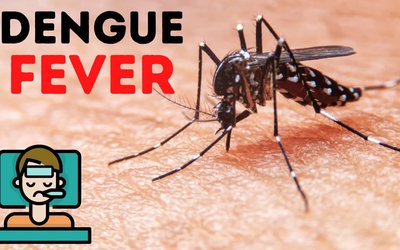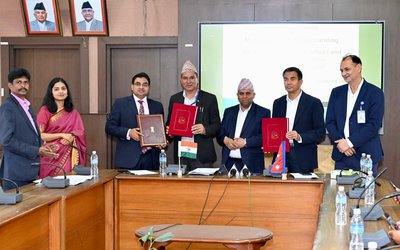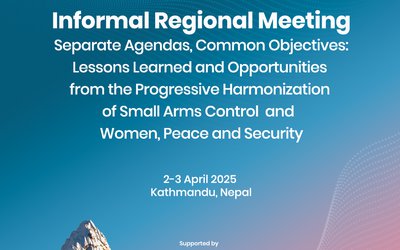Many important and fascinating studies are published in renowned medical journals. But it can be argued, just how relevant and useful these are for us here in Nepal? This is not to take a regressive view on scientific advances but just to stress on the practicalities of life in Nepal. In most places in our country there are neither proper health facilities nor universal health services. So obviously simple, preventive measures need to be given prime importance. Along these lines a favourite article of many public health workers is described below. It is about the usage of the humble soap.
Proctor and Gamble, the consumer product conglomerate, helped carry out the study in the slums of Karachi to see if a new antibacterial soap could prevent diseases in the community. Fieldworkers for the study fanned out in the twenty five randomly chosen slum neighbourhoods in Karachi distributing soap, some with the antibacterial agent ( triclocarbon) and some without. The two different soaps looked exactly alike. They encouraged people to use the soap generously and wash their hands in these five situations: after defecation, after cleaning an infant that had defecated, before preparing food, before eating and before feeding infants. Fieldworkers provided 2 to 4 bars of soap per household and the soap was regularly replaced.
In the eleven “control” slum neighbourhoods, no soap was distributed; instead these households received pens and paper. The control group was free to continue using soap as they had done in the past, but received no health education. Every week for one year the fieldworkers visited the families in the study sites to see if the instructions were being adhered to, and they collected data. After one year the study was analyzed. The children in the households that received soap and proper instructions had a 50 % decrease in pneumonia rates and 53 % decrease in diarrhea rates compared to the control group.
What was surprising ( but disappointing for Proctor and Gamble ) was that just using soap properly was good enough to decrease the diarrhea and pneumonia rates in children. The triclocarbon antibacterial agent in the soap did not give any extra protection. These findings were stunning because despite the poverty, illiteracy, overcrowding and continuing to drink and wash with contaminated water, if you just used plain soap properly for washing, the benefits were clear cut. This became a milestone paper that was published in the Lancet in 2005 with Stephen Luby, as the lead author. Proper usage of soap enhances the capacity of water to solubilise and remove pathogens from the hands to reduce both respiratory and digestive problems. This is a point worth emphasizing, that is both diarrhoea rates and flu-like illness ((ruga khoki) rates are decreased.
More than three and half million children die due to diarrhoea and respiratory infections every year in the developing world such as ours. Using soap generously clearly ameliorates this condition. The good news is that in general Nepali health statistics reveal that people are more healthy now in Nepal than in anytime in our history. Possibly greater usage of soap may have had a role in this.
Finally, people have strong ideas of purity in South Asia and wash themselves frequently. But generous usage of soap is a must. Just washing the “involved” hand after defecation is not good enough.

Buddha Basnyat MD
Buddha Basnyat, MD, MSc, FACP, FRCP, Director of the Oxford University Clinical Research Unit-Patan Academy of Health Sciences, Kathmandu.
- Altitude Sickness
- Feb 20, 2018
- Post-earthquake Nepal: The Way Forward
- Dec 13, 2015
- The Annapurna Sanctuary
- Nov 29, 2015
- Diarrhea at the Summit
- Nov 08, 2015
- Altitude Sickness ( AMS, HAPE, HACE)
- Oct 15, 2015















